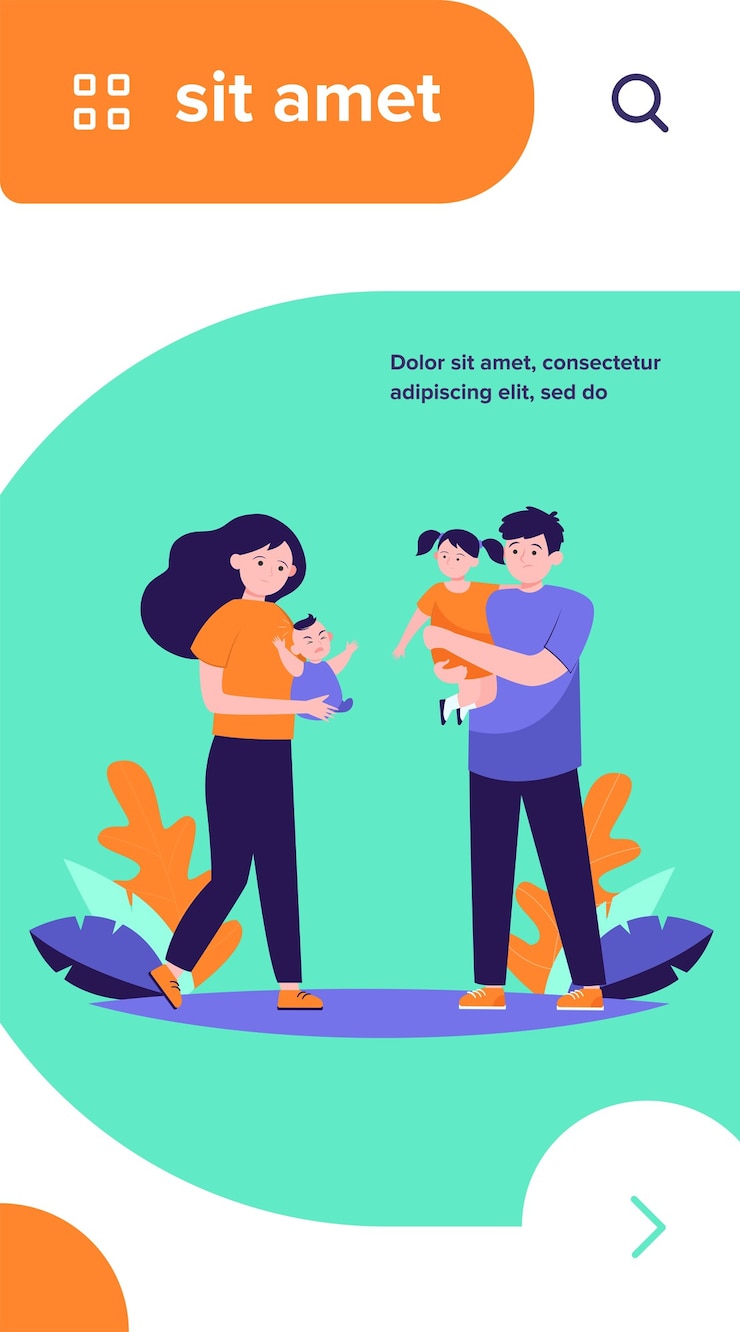
Inside: These essential tips for parenting a child with ADHD might surprise you, but they can help encourage better behavior now and pave the way for a successful future.
Table of Contents
As my 9-year-old client sinks into the couch in my therapy office, his slumped shoulders and downcast eyes tell me he’s had a tough week.
“How’s your week been, buddy? Want to start with the highs or the lows?” I ask.
“I hate school and I don’t ever want to go back,” he replies.
Parenting a child with ADHD can be unexpected, and there’s something important for parents to understand. Children with ADHD often face a lot of negativity as they navigate through life. They live in a world that constantly demands they sit still, stay quiet, and fit in, but their nervous system urges them to move, speak up, and express their vibrant thoughts. The world often makes them feel “less than,” because their unique perspectives don’t align with conventional expectations.
These challenges are crucial to consider when raising a child with ADHD. While guiding them day-to-day, we’re also preparing them for a healthy and successful future. Every week, I see the pressure on these neurodiverse kids when they express thoughts like “Why is my brain stupid?” or “I must be broken because my brain makes me do bad things,” and sadly, “I hate myself.” The looks, the stares, and the tones of voice they face can leave lasting marks on their hearts and minds, gradually eroding their self-worth.
Despite witnessing these struggles in therapy, I remain hopeful for these remarkable children. Parenting a child with ADHD not only offers hope in reducing symptoms but also in shaping a positive future. Parents have a substantial role in supporting their child by creating a nurturing home environment that fosters better cooperation and listening skills, all while preserving their self-esteem. Here’s how we can do that.
With ADHD, it’s time to think creatively to meet your child’s emotional needs. Positive parenting rewrites traditional parenting methods that rely on authority and control to enforce compliance. Instead, positive parenting aims to nurture a child’s intrinsic motivation for positive and social behaviors. It’s about taking the long view.
Positive parenting involves treating your child as you wish to be treated and as you want them to treat others. It challenges us to practice what we preach. Transitioning to positive discipline won’t happen overnight—it requires patience, commitment, and the determination to change how we react to our child’s behavior. When we focus on helping a child with ADHD achieve success, it’s worth the effort.
Children with hidden disabilities like ADHD face an uphill battle daily, processing a barrage of stimuli—be it visual, auditory, or tactile—each day. Think of how you feel on a bad day when everything feels off; that’s their daily reality. Clear, consistent expectations and boundaries become essential to help them save energy for more important tasks.
Typically, children with ADHD aren’t the “go with the flow” type; they thrive when given a say in their environment. By involving your child in creating daily schedules or discussing calming strategies that work for them, you reduce resistance and promote ownership.
This is the essence of positive parenting. Viewing your child as an ally and including them in decision-making fosters confidence and follow-through. Recognizing and nurturing their unique gifts and strengths is crucial for their future well-being.
By focusing on the positives during the day, children begin to see these qualities in themselves. Reflecting these attributes back to your child builds a foundation for a strong sense of self, which is a key tip in parenting a child with ADHD.
Children with ADHD often operate in a state of high emotional arousal. What calms this state? Close, connected relationships with caregivers. Research shows that strong bonds with adults can improve behavior and mitigate negative outcomes like depression or school suspensions. Prioritizing connection lays the groundwork for raising emotionally intelligent children.
Children with ADHD have structural differences in their brains that make behavioral and emotional regulation challenging. Positive parenting encourages parents to be mindful of their own reactions, responding to their child’s needs rather than their own emotions.
Improving a child’s emotional regulation starts with parents setting an example. By managing your emotions—even when overwhelmed—you show your child that self-control, though difficult, is achievable and beneficial.
When parents encounter challenging behaviors, they can choose to react by adding emotional fuel to the fire or by offering support and understanding. Starting the journey of positive parenting might be tough, but it’s easier than confronting the long-term effects of low self-esteem in their teen years.
Taking steps now can prevent them from seeking fulfillment in material possessions or negative influences. Changing your approach today can significantly impact your child’s self-esteem and resilience against invisible daily challenges.
While your child’s journey is uniquely theirs, as their parent, you have the opportunity to offer them effective tools and guidance on their path.
Sign up for my FREE email course below.



